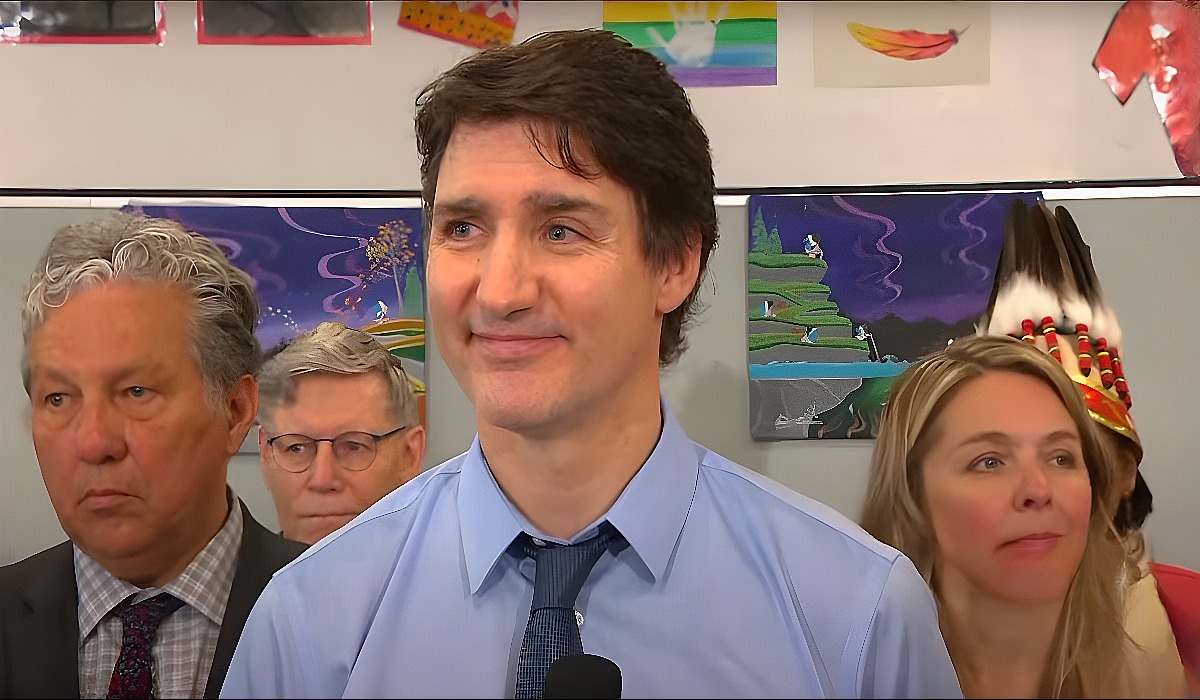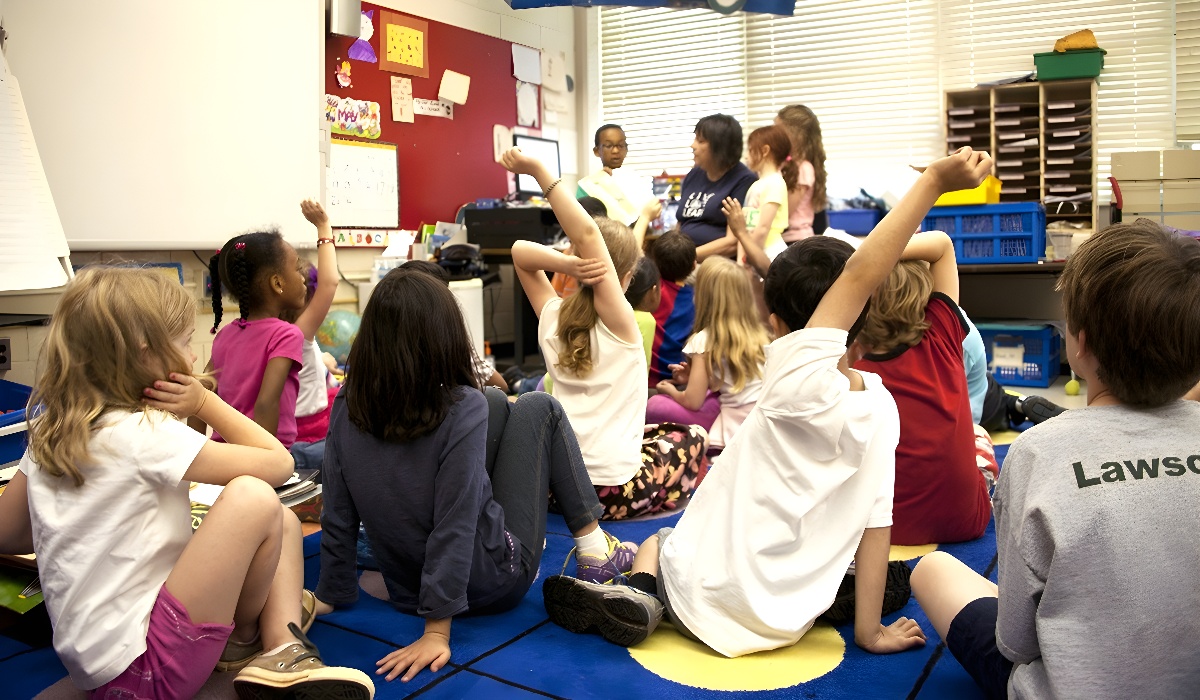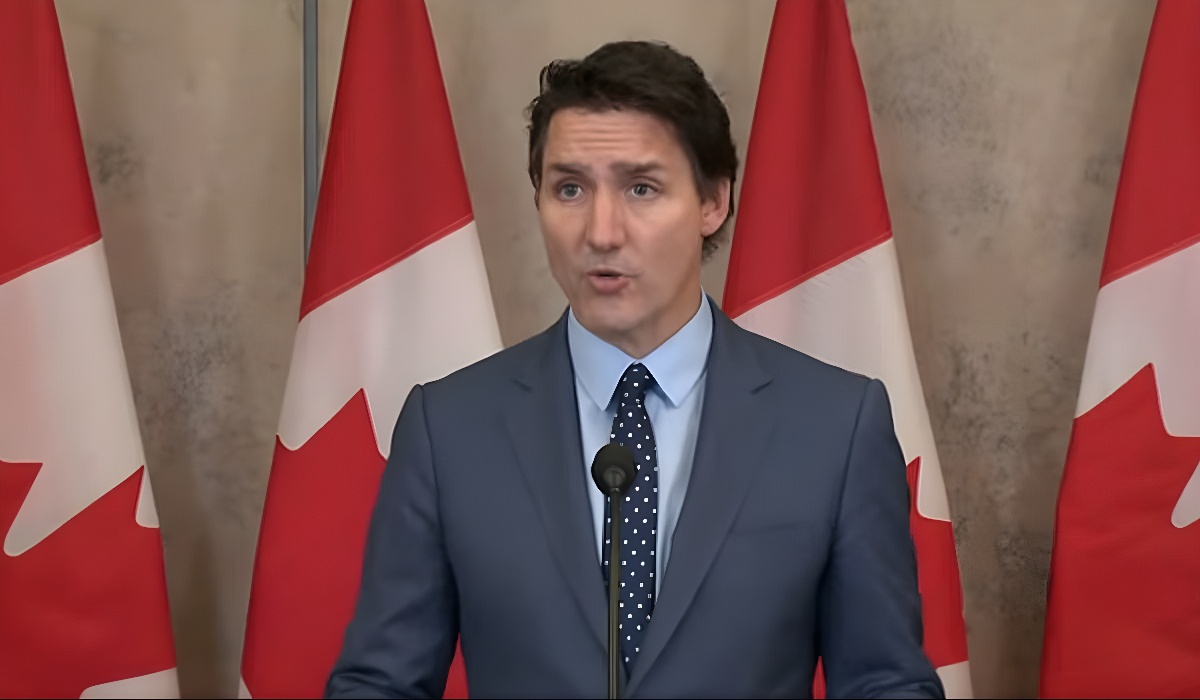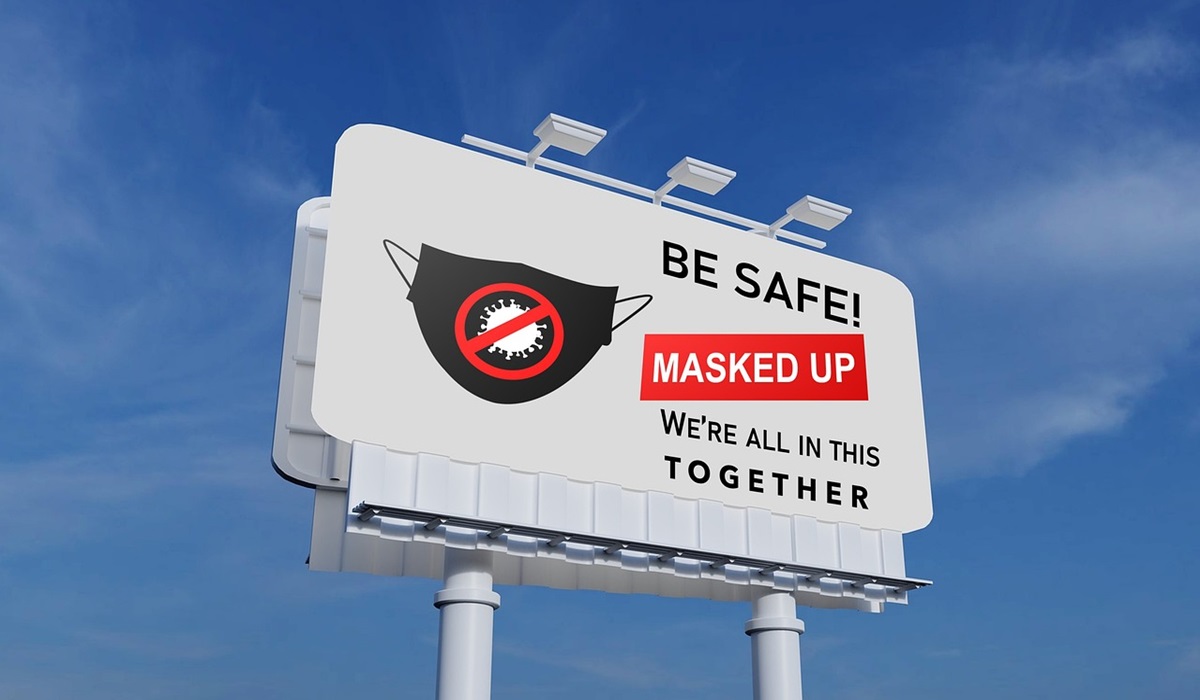Shots in the Frozen North: Edmonton’s City Hall Shooting and the American Shadow
- TDS News
- Canada
- January 26, 2024
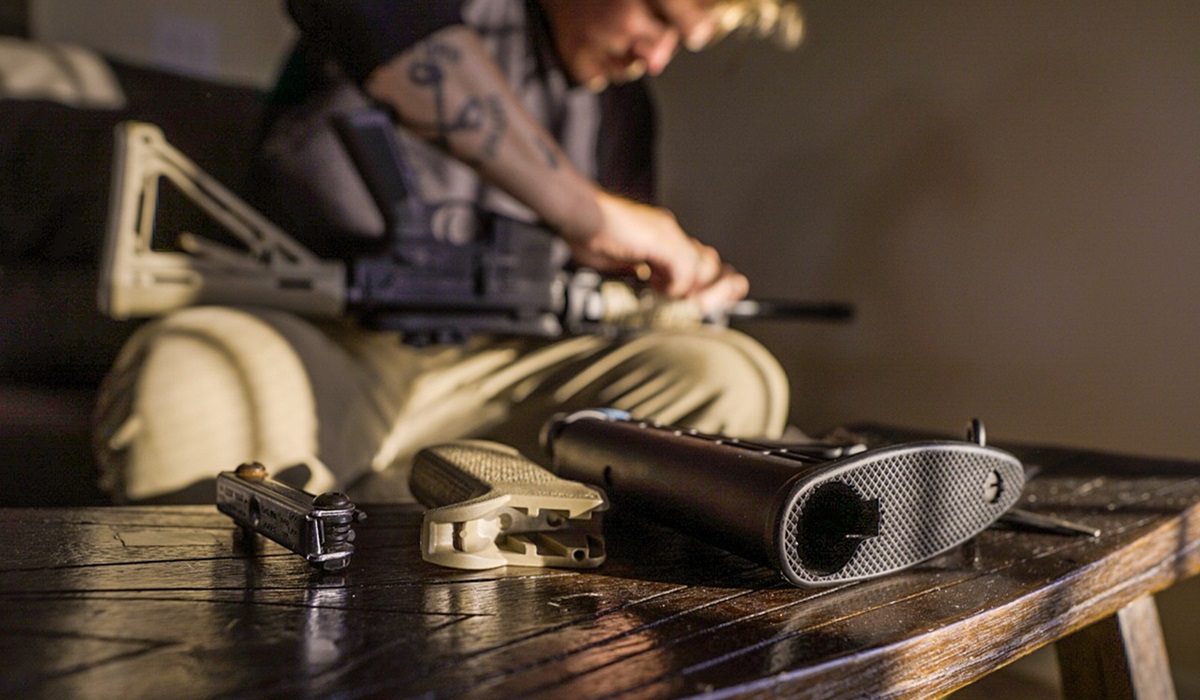
The crisp morning air of Edmonton shattered on January 24th, 2024, not with the usual sounds of Canadian geese or distant traffic, but with the chilling crack of gunfire. Inside the city hall, the heart of Alberta’s capital, an armed individual opened fire, sending shockwaves through the nation. While thankfully no one was injured, the incident exposed fissures in Canada’s identity, igniting debates about guns, American influence, and the future of Canadian peace and security.
This event was unprecedented in Canada’s recent history. Mass shootings, an unfortunate hallmark of American life, rarely touch Canadian soil. Fortunately, no one was hurt before the assailant was apprehended by law enforcement. This rarity made the Edmonton incident doubly unsettling, casting a long shadow over the perception of Canadian safety and raising uncomfortable questions about the influence of its southern neighbour.
Many Canadians pointed the finger at America’s gun culture, particularly the easy access to assault rifles like AR-15s. While not all guns used in violence are assault rifles, their symbolism as weapons of war fueled the argument that such powerful firearms have no place in civilian hands. The fear is that America’s gun debate, fraught with ideological tension and deep divisions, is seeping north, threatening Canada’s traditionally more restrictive gun laws and peaceful ethos.
Some suggest the rise of right-wing populism in recent years, exemplified by the “Trump effect,” has emboldened Canadian extremists, making gun ownership and gun violence a more visible issue. The fear is that American-style rhetoric and ideologies are finding fertile ground in parts of Canada, potentially eroding national values of tolerance and moderation.
However, painting the issue solely as a case of Americanization would be reductive. Canada has its own complex relationship with guns, with hunting traditions and rural communities where gun ownership is commonplace. Addressing the Edmonton incident requires a nuanced understanding of these domestic factors alongside the external influences.
The solution is far from simple. Gun control advocates argue for stricter regulations, particularly on assault weapons, while others point to addressing the root causes of violence, such as mental health and socio-economic factors. The debate is likely to be heated, requiring careful consideration of evidence, respect for diverse viewpoints, and a commitment to finding Canadian solutions to a Canadian problem.
One thing is certain: the Edmonton shooting served as a stark wake-up call. While Canada may boast a reputation for peace and civility, it is not immune to the global trends of gun violence and ideological polarization. The challenge now lies in crafting solutions that protect public safety while upholding Canadian values of compromise and respect for differences. Only then can the frozen north maintain its distinct identity in the face of a warming ideological climate.

